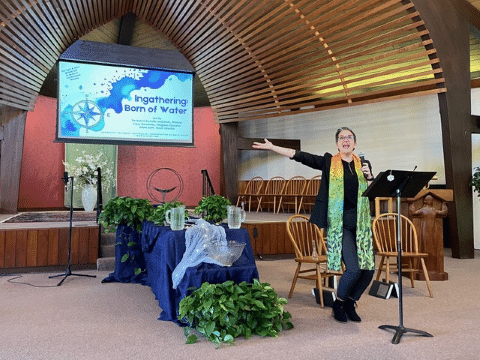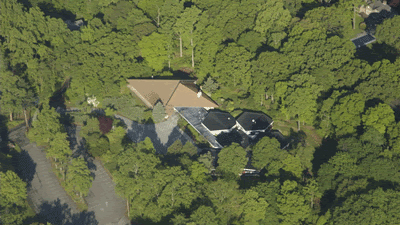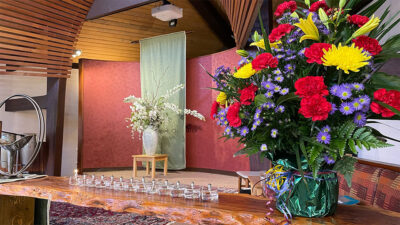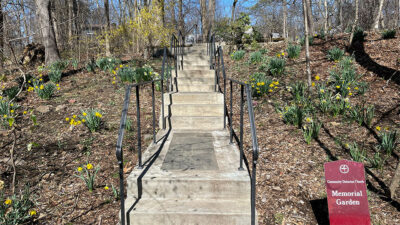
The Community Unitarian Universalist Congregation at White Plains (CUUC) is an autonomous congregation within the larger fellowship of congregations making up the Unitarian Universalist Association (UUA), whose headquarters are in Boston.
Our mission is to:
Nurture each other in our spiritual journeys, foster compassion and understanding within and beyond our community, and engage in service to transform ourselves and our world.
Our local congregation was founded in 1909 by eight households. Unhappy with the religious education their children were receiving, they formed their own religious school and congregation, based for the most part on liberal religious principles. They first met in members’ homes. Outgrowing that, in 1921, they built a meeting house on Longview Avenue at the corner of Maple Avenue in White Plains. Our current Rosedale Avenue property was purchased in 1956 and the present building was dedicated in 1959.
From the original 16 members, we have grown to a congregation of approximately 220 adult members.
Our Building & Location

Located in a low-density section of the city, our 8+ acre property includes a 25,000 square-foot building, a separate parsonage, and approximately 150 off-street parking spaces in a lower and an upper parking lot. Approximately 30 percent of the site is developed with buildings and paved areas; the balance includes wetlands, wooded areas, and steep terrain. Our building is prominently sited at the edge of a plateau.
Building

The CUUC building is of a unique mid-century design that embraces the surrounding natural setting. The building includes three components:
- The sanctuary (left);
- The Religious Exploration (RE) wing (right), with a central lobby “pod” and four additional hallway pods each containing 3 to 4 classrooms; and
- A central area containing the lobby, office, study, kitchen, all-gender restrooms, and the Fellowship Hall meeting space.
Grounds
The CUUC Building & Grounds Committee and the PlaceKeepers Team manage the grounds in a safe and environmentally responsible manner. There is an ongoing effort to ecologically restore the grounds, to the extent feasible, through removal of non-native, invasive plants and encouragement and re-introduction of plants that are native to our area. An effort is also being made to prevent erosion and runoff to protect water and soil quality and to maintain a safe environment.

The Memorial Garden, officially called The Jule Brown Sibley Memorial Garden, was dedicated in May 1995 and named after Jule Sibley following her death. A church member, or a spouse or child of a member, or any person invited by the minister, is eligible to make arrangements for the placing of ashes in the garden. The interment area is considered sacred ground and is maintained by a committee.